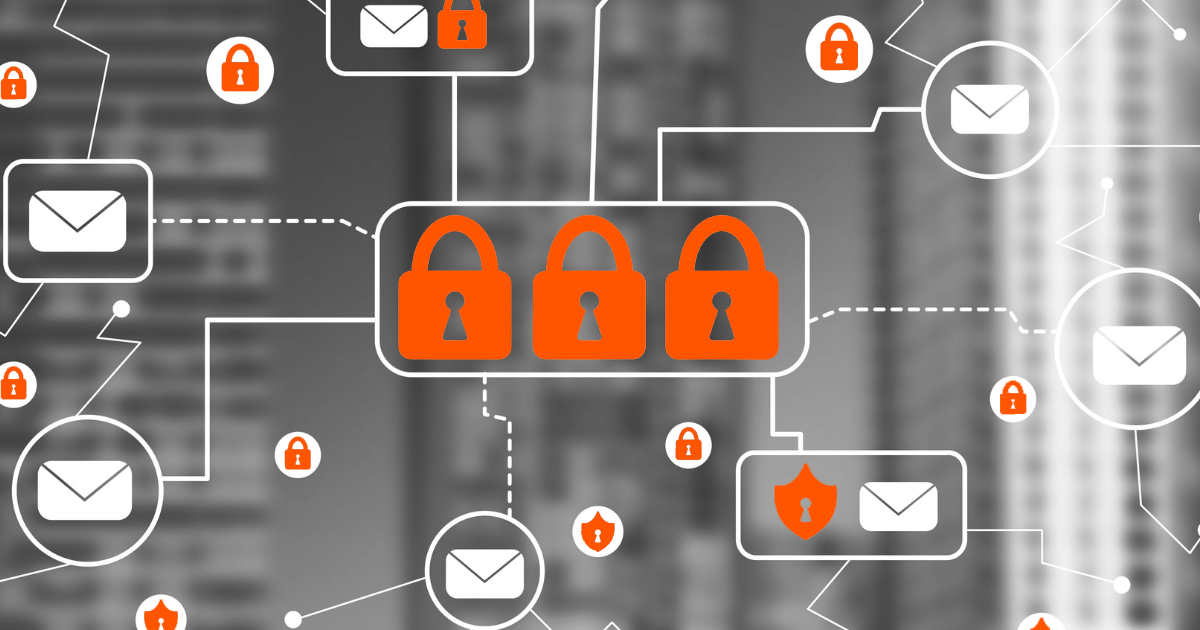A significant cybersecurity incident has recently come to light involving the U.S. Department of Defense, where thousands of sensitive military emails were inadvertently exposed to the public internet. This breach, resulting from a misconfigured server on Microsoft’s Azure government cloud, has raised serious questions about the security measures protecting unclassified but sensitive military communications.
Key Highlights:
- The exposed server contained approximately three terabytes of internal military emails, many of which pertained to the U.S. Special Operations Command (USSOCOM).
- A misconfiguration left the server without a password, making it accessible to anyone on the internet with its IP address.
- The leak included a completed SF-86 questionnaire, containing highly sensitive personal and health information.
- The Pentagon has denied being hacked, attributing the exposure to a misconfiguration rather than a cyber attack.
- An ongoing investigation aims to understand how the leak occurred and to prevent future incidents.
The leak underscores the inherent risks of storing sensitive information on cloud platforms, even those designed specifically for government use. Despite the cloud’s benefits in terms of efficiency and accessibility, this incident highlights the potential for human error to expose critical data.
The server, which hosted emails dating back years, included sensitive personnel information valuable to foreign adversaries. Notably, none of the leaked information appeared to be classified, which could mitigate the potential damage. However, the incident still represents a significant security lapse, given the nature of the information involved and the potential for exploitation by malicious actors.
The Department of Defense has been tight-lipped about the details of the leak but confirmed that an investigation was underway. Statements have emphasized that there was no evidence of a hack, suggesting that the exposure was due to a configuration error rather than malicious activity. This distinction, while important, does not lessen the potential impact of the leaked information.
The reliance on cloud computing for government operations offers numerous advantages, including scalability, cost-effectiveness, and the facilitation of remote work and collaboration. However, this incident highlights the challenges and risks associated with cloud computing, particularly the need for stringent security measures, continuous monitoring, and comprehensive access controls.
Government agencies must prioritize the protection of sensitive information while navigating the complexities of digital transformation. This includes adopting best practices in cybersecurity, such as encryption, multi-factor authentication, and regular security audits, as well as fostering a culture of cybersecurity awareness among all personnel.
The incident also raises questions about the security measures and oversight within cloud services used by government entities. It highlights the need for rigorous configuration management, continuous monitoring, and robust access controls to prevent similar incidents in the future.
In the broader context, this leak adds to the growing list of cybersecurity challenges facing government agencies. As these entities increasingly rely on digital infrastructure and cloud services, the potential for leaks and breaches grows. This incident serves as a reminder of the ongoing need for vigilance, improvement in cybersecurity practices, and the importance of promptly addressing known vulnerabilities.
As the investigation continues, the Department of Defense and its partners will need to assess the full scope of the leak, implement measures to mitigate any potential damage, and refine their cybersecurity practices to prevent future incidents. This event underscores the critical importance of cybersecurity in the digital age, particularly for sensitive government operations.



















